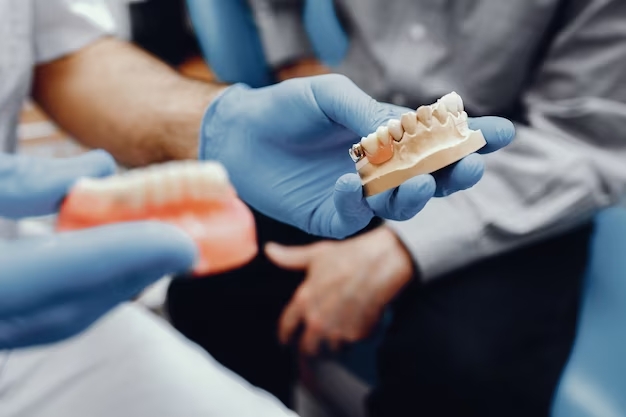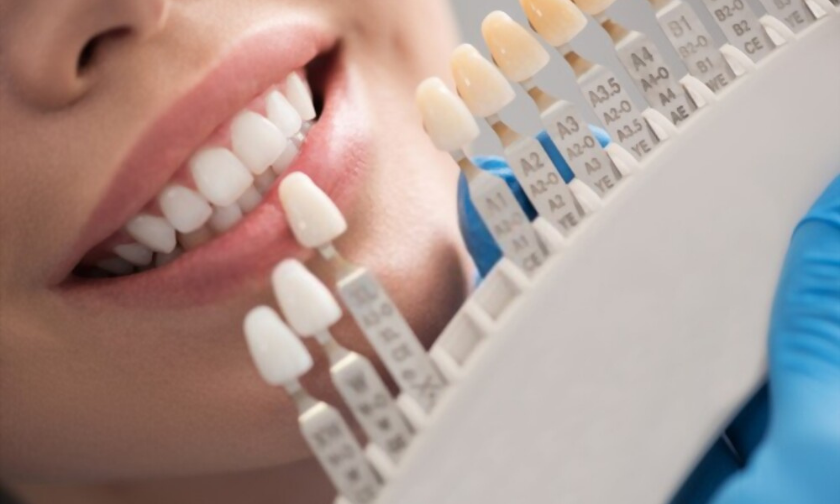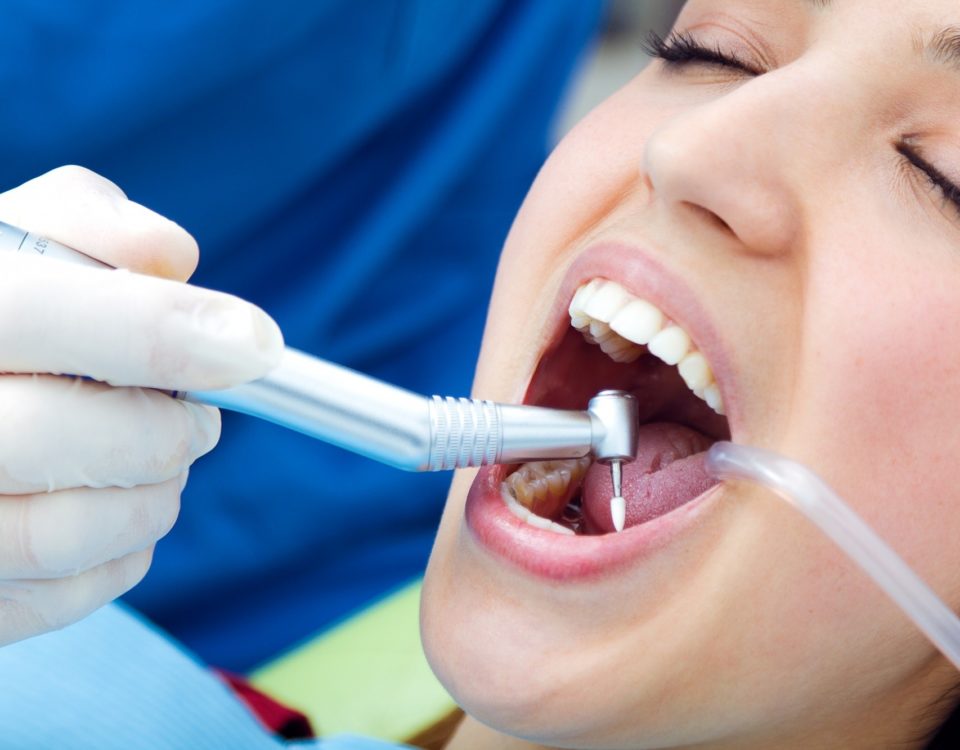Can Ceramic Crowns Break Or Chip? Here’s What You Need To Know

Popular Types Of Tooth Replacement Options
June 8, 2023
How To Manage Pain And Discomfort From Broken Braces
June 22, 2023Ceramic crowns have become a durable and aesthetically pleasing option for dental restorations. However, patients often wonder if these crowns can break or chip over time. In this article, we will explore the resilience of ceramic crowns and provide insights into their durability, potential causes of damage, and how to care for them to maintain their longevity.
Understanding Ceramic Crowns
Ceramic crowns, also known as porcelain crowns, are crafted from a high-strength ceramic material that resembles natural tooth enamel in color and translucency. They are custom-made to fit over a damaged or weakened tooth, restoring its functionality and appearance. Ceramic crowns offer excellent durability and can withstand the forces of biting and chewing.
The Resilience Of Ceramic Crowns
Ceramic crowns are highly resilient and low risk of breaking or chipping under normal circumstances. They are designed to withstand the regular biting and chewing forces encountered daily. However, extreme forces, such as biting down on hard objects like ice, pens, or fingernails, can potentially cause damage to ceramic crowns.
Potential Causes Of Damage
While ceramic crowns are known for their durability, certain factors can increase the risk of breakage or chipping. These include:
1. Trauma Or Injury
A strong impact on the mouth, such as a fall or accident, can damage the ceramic crown.
2. Bruxism
Persistent teeth grinding or clenching, known as bruxism, can exert excessive force on the ceramic crown and potentially cause damage over time.
3. Poor Oral Habits
Biting on hard objects, opening packages with teeth, or using teeth as tools can put undue stress on ceramic crowns, increasing the risk of damage.
4. Inadequate Dental Hygiene
Neglecting proper oral hygiene practices, such as regular brushing and flossing, can lead to gum disease or tooth decay, which may weaken the supporting tooth structure and compromise the integrity of the ceramic crown.
Caring For Ceramic Crowns
To maintain the durability and longevity of ceramic crowns, it is essential to follow these care guidelines:
1. Practice Good Oral Hygiene
Brush your teeth at least twice daily with a soft-bristled toothbrush and fluoride toothpaste. Floss daily to remove plaque and debris between teeth and around the crown.
2. Avoid Hard Or Sticky Foods
Minimize consumption of hard candies, ice, popcorn kernels, and sticky foods that can exert excessive pressure on the crown and increase the risk of damage.
3. Wear A Mouthguard
Wearing a mouthguard can protect your ceramic crown and natural teeth if you engage in sports or activities that pose a risk of dental trauma.
4. Address Bruxism
If you have a habit of grinding or clenching your teeth, discuss it with your dentist. They may recommend a custom-fitted nightguard to protect your teeth and ceramic crown while you sleep.
5. Regular Dental Check-ups
Schedule regular dental check-ups to allow your dentist to examine the condition of your ceramic crown and address any potential issues before they escalate. Your dentist will evaluate the fit, integrity, and overall oral health to ensure your ceramic crown’s continued functionality and longevity.
The Bottom Line
Ceramic crowns are highly resilient dental restorations, offering aesthetic appeal and durability. While they have a low risk of breaking or chipping under normal circumstances, it’s important to be mindful of potential causes of damage. By practicing good oral hygiene, avoiding harmful habits, and seeking regular dental care, you can enjoy the benefits of a strong and long-lasting ceramic crown. Remember, maintaining oral health is key to preserving the beauty and functionality of your dental restorations.



